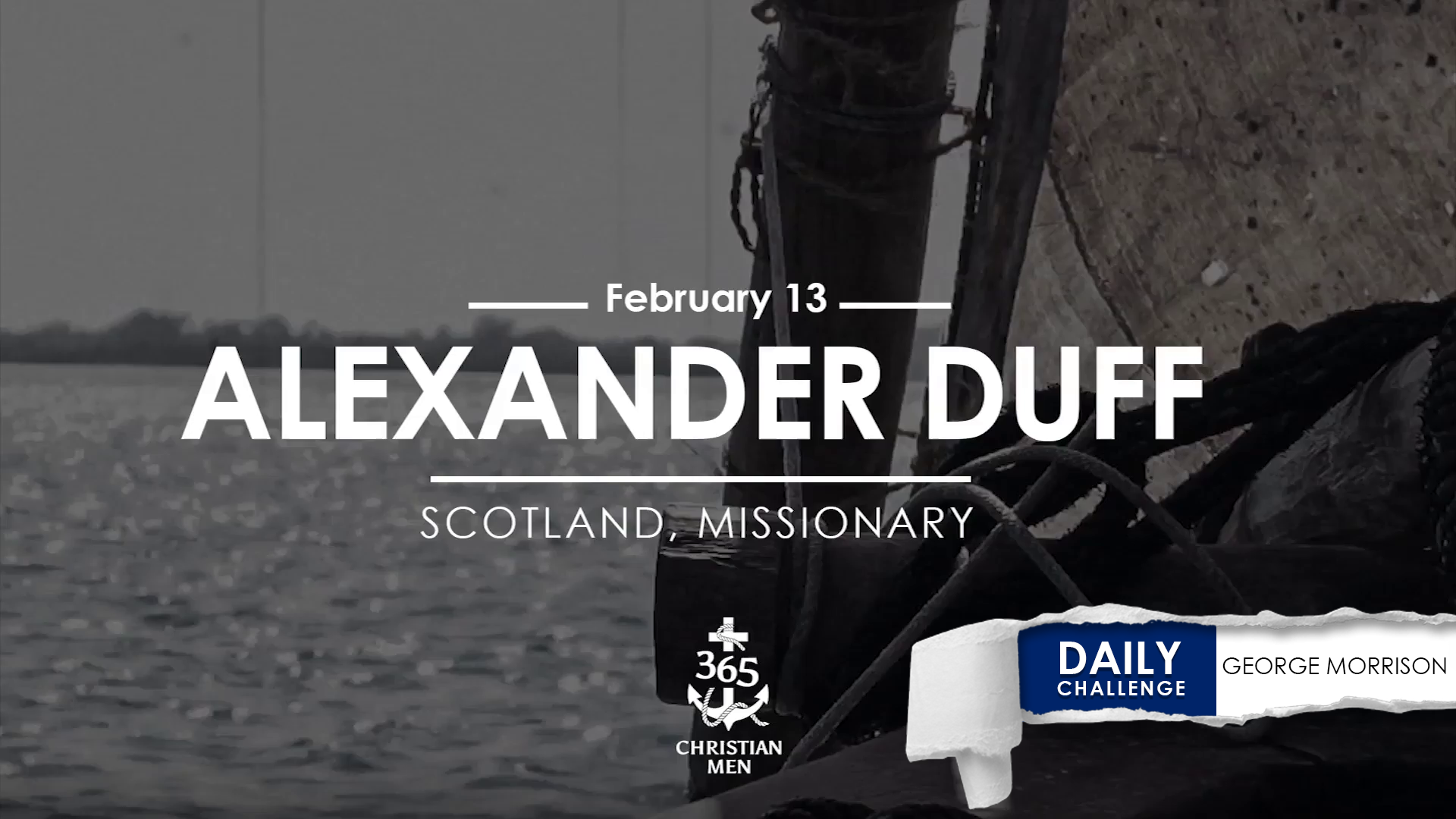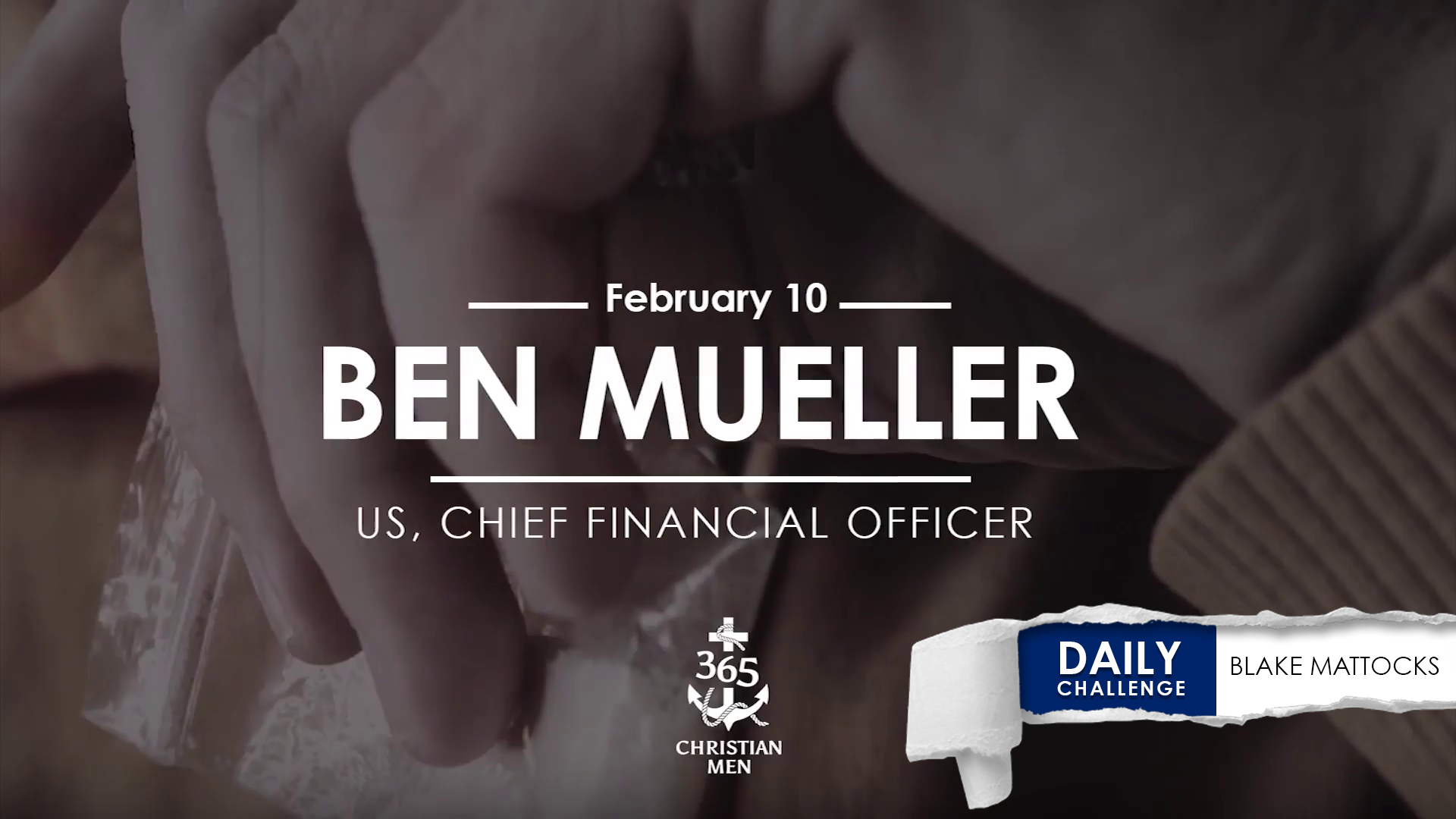February 18. John Bunyan. John was a 17th Century Englishman—a preacher and an author. He wrote more than sixty books, mostly about preaching, the Christian life, and the struggles Christians encounter.
He felt compelled to preach about Jesus Christ at a time when men were not allowed to preach without a license from the government. And John went on preaching.
It led to repeated imprisonments—one during which he wrote the still-read The Pilgrim’s Progress. The Pilgrim’s Progress is a Christian allegory which—within the first 10 years after it was published—went through 11 editions and sold as many as 100,000 copies.
On this date in 1674, John led a church meeting at Gamlingay. And today’s story starts on the way to the church.
A good reputation is hard to build. Guard it.
The path to Gamlingay was slippery with slush. And Pastor John Bunyan gripped the reins tightly, spoke to his horse gently. On the road, John saw familiar faces from his church. A husband and wife were already on their horse. But the husband’s sister, young Agnes, didn’t have a ride.
John paused to chat with the family.
The man her father had chosen to escort Agnes to the church hadn’t shown up. Though John hated that she was without a ride, there were certainly other family members who could help. John was a minister—a married one at that—and if he rode into town with a single woman hanging onto him, the talk would fly.
He couldn’t offer to take her.
But it was getting late, and the bad roads only threatened to slow them down. The brother asked John to let his sister ride behind him. Surely the minister wanted her to be at the service.
He did. But John knew it wouldn’t look right, and he answered no.
Agnes urged her brother to ask again. And the young man went back to John, his voice a little firmer. He told John that saying no would break Agnes’s heart. Surely, he couldn’t do that to the poor girl. He couldn’t ride off and leave her behind!
But John answered with his own firm voice. No. He would not let Agnes ride with him. With him being a married man, it would not look right.
If the brother wouldn’t listen, then surely, Agnes would. John turned to her and reminded her just how angry her father would be that she was riding with someone she wasn’t supposed to.
But Agnes wasn’t thinking. She was too excited with being able to ride with the famous preacher. Her brother joined in as they continued to pester him.
Soon, all the begging, all the urging, all the insistence that she just had to ride with him to church wore him down. He gave in, and Agnes climbed up onto his horse, snug against him.
Down the path they went, off to the church.
At first nothing seemed out of the ordinary. No one stared. No one gossiped. It didn’t really seem like anyone noticed.
Until they reached the end of the town.
A local minister, who knew both Agnes and John, suddenly stopped. His eyes widened in disbelief; he stared and watched them ride by. Wasn’t that John Bunyan, a married minister, riding with a single woman to church?
The big-eyed minister told others that the two were having an affair—a lie that was greedily passed from person to person throughout the entire area. There were looks and smirks and whispers.
Not many days later, Agnes’s father happened to die, and one of the men who had admired Agnes, but she had rejected, plotted to use that fact to get revenge for being dumped. He spread the rumor that John had provided poison, and Agnes had killed her father. Got the old man out of the way, so she and John could pursue their affair.
The authorities called for an investigation, and soon the rumors spiraled out of control. How could a simple ride to church turn into such a fiasco? It wasn’t as if John had done anything wrong. He didn’t have an affair with Agnes, and he hadn’t poisoned anyone. This had become ludicrous.
It caused tremendous stress, and John’s and Agnes’s reputations were trashed.
They both denied any wrongdoing and tried to clear their names by telling what really had happened. In the end, the authorities discovered Mr. Beaumont died naturally, and poison wasn’t used.
But the damage was already done.
To clear both their names and prevent further scandal, Agnes wrote her side of the story and published it. John wrote as well. In a new edition of his book, Grace Abounding, he brought up how rumors had swirled that he had mistresses, and he swiftly denied them. In his life, he made sure to abstain from a typical kiss of greeting and rarely allowed himself to touch a woman’s hand.
Never again would John let his reputation go unguarded.
“Keep away from every kind of evil” (1 Thessalonians 5:22 TLB).
What are some things that may seem innocent but could possibly be used against you? How could you guard your reputation by keeping up a good appearance? A good reputation is hard to build. Guard it.
“John Bunyan.” Accessed October 5, 2020. Banner of Truth. https://banneroftruth.org/us/about/banner-authors/john-bunyan/.
“John Bunyan: Pilgrim who made progress in prison.” Christian History. Accessed October 5, 2020. Christianity Today. https://www.christianitytoday.com/history/people/musiciansartistsandwriters/john-bunyan.html.
Story read by Blake Mattocks
Would You Like to Learn More About This Man?

The title page from The Pilgrim’s Progress by John Bunyan in 1678.















